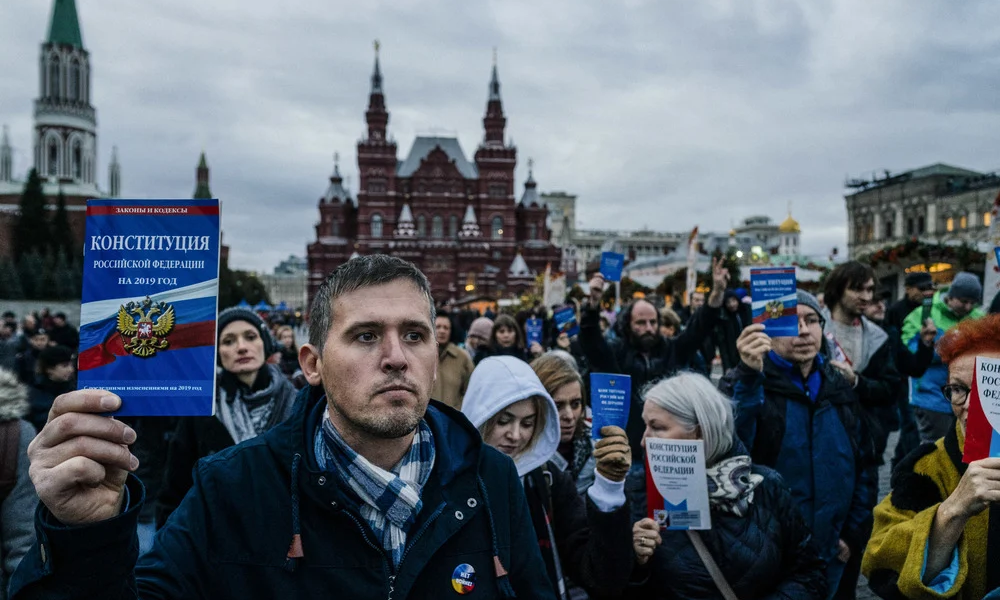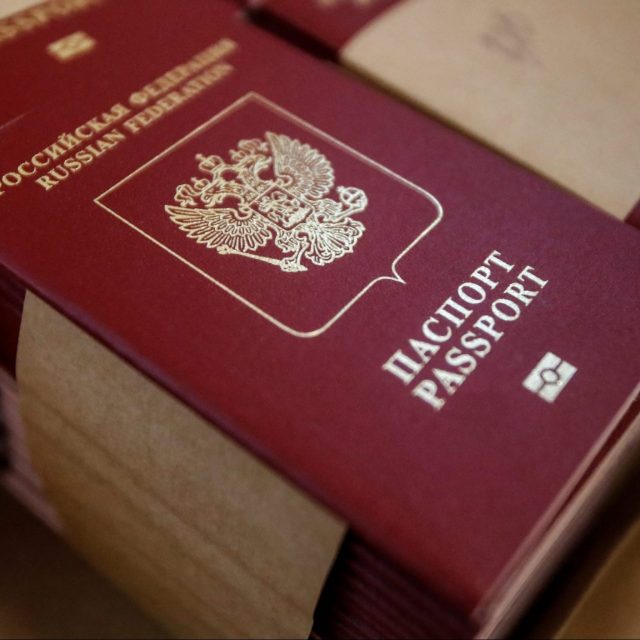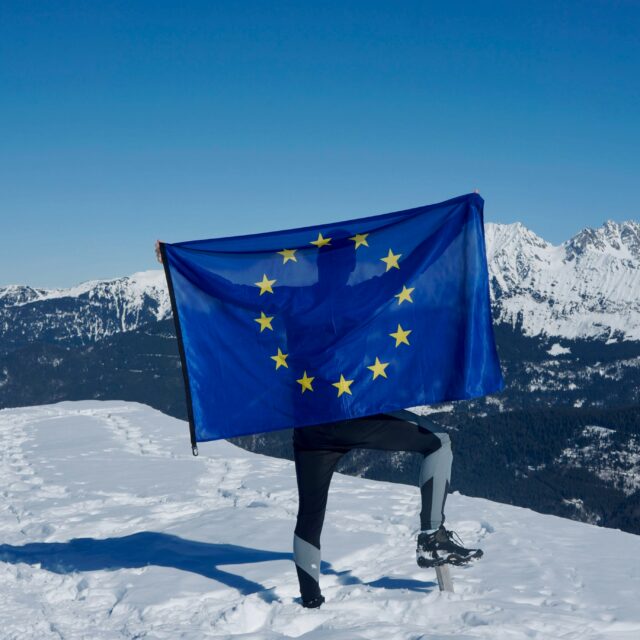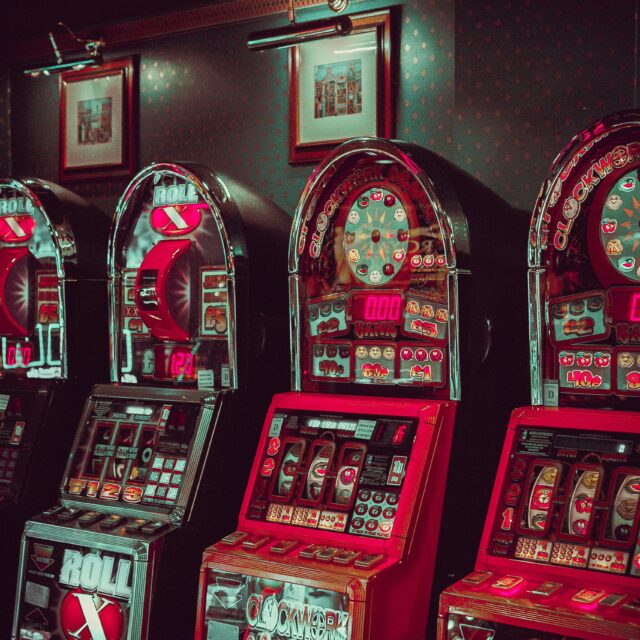Modern Putinism is based on an attempt to establish Russia as one of the centres of the “multipolar world” in order to give Moscow the status of the third Rome, the “world pole of good”, based on the “great Russian spirituality”. Under the dense cover of this myth, which is tirelessly reproduced by Russian propaganda, there is a country of many millions. Debunking such myths is a slow process that is not easy.
Traditionally, Russians are confident that there are no flaws in the social and state structure of Russia. Bad roads and corrupt officials are “temporary shortcomings” which can be put up with. The whole problem of Russia lies in the fact that the idea of “great power” constantly repeated by propaganda makes it look for enemies and assert itself in wars. War is perceived by the people as a means of self-affirmation, and by the ruling elite as a way of enrichment. This myth was forgotten after the collapse of the USSR. But over time, the ruling classes felt the need to take revenge for Russia’s defeat in the Cold War.
The ideological tragedy that the Russians are now experiencing is that after the collapse of the USSR, Russia was demoted from a leading role to a subordinate one, from tsars to ordinary peasants. Today, Russian propaganda is fueling a sense of lost status in Russians. Along the way, confidence is inspired that it is Putin who can return this lost status; the quality of life, economic achievements will come later.
The mythology of the USSR as a country with the “second highest standard of living in the world” (which in fact does not correspond to reality) was intended to inspire Russians with the conviction that there is a direct relationship between “greatness” and prosperity. Where “greatness” is the cause, and prosperity is the effect. The jump in world energy prices during the Putin years and the subsequent increase in the well-being of Russians only confirmed for many Russian citizens that this is the case.
In the world depicted by Russian propaganda, there is no free will, everything happens only on the orders of the leader. This model of Russian society, dominated by rigidly vertical ties, is reminiscent of the class affiliation of pre-revolutionary Russia. Most Russians, who have never traveled further than their village or city, believe that the whole world is divided into master countries and subordinate countries. In this picture of the world, Russia is assigned the role of the most important leader.
Russian propagandists connect the technological breakthrough of European countries solely with the fact that the average European is punctual, disciplined, unemotional, which makes him capable of unquestioningly obeying and conscientiously fulfilling any order. In turn, emotional and freedom-loving Ukrainians are not at all like Europeans, so Ukraine will never be able to compete with Europe in technological production, its task is to provide Russia with agricultural products. At the same time, Russia assigns for itself the role of a “spiritual centre”, since only it “has sufficient power to uphold these values and make them dominant in the next stage of human development.”
Russia is one of the richest countries in the world with natural resources. However, the quality of life in this country does not match the quality of life in rich and developed countries. Russian wealth belongs to a leader who after 20 years of rule, imagines himself to be the anointed of God on Earth and has shamelessly appropriated the wealth that belongs to all the citizens of his country. They do not even dare to hope for a fair distribution of these benefits, this wealth is virtual, and it never became real.
One single question remains open: what kind of shock should Russians experience in order for this great propaganda myth to really become a thing of the past?




